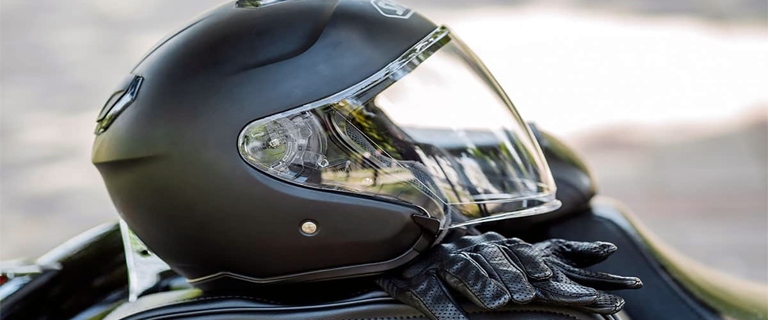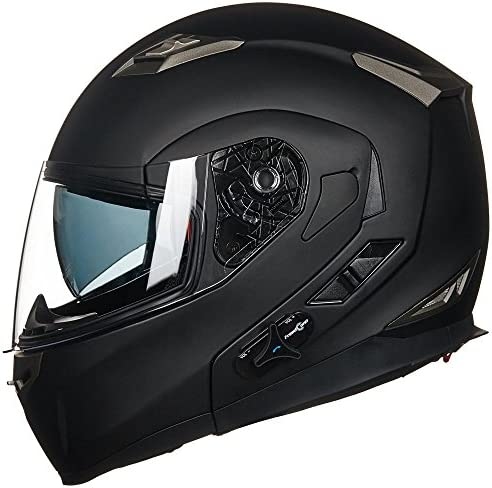Bicycle helmets are an important piece of safety equipment, but like all safety gear, they have a limited lifespan. Most helmets are designed to last for three to five years. However, the materials in the helmet can break down over time, making the helmet less effective at protecting your head in a crash. Additionally, the straps and fit of the helmet can loosen over time, making it more likely to come off in a crash. For these reasons, it is important to replace your helmet every three to five years, or sooner if it is damaged.
Why choose 5 years?
Here’s a look at why you should replace your helmet every five years. Bicycle helmets are an important safety device, but like all safety equipment, they have a limited lifespan.
Meets the Standard
It is important to check your helmet regularly for signs of wear and tear, and to replace it if necessary. Most bicycle helmets have a lifespan of about 3 to 5 years. However, this can vary depending on the type of helmet, how often it is used, and how well it is cared for.
If you crash replace it
That’s the general rule of thumb for bicycle helmets. If you crash replace it. Let’s take a look. But when do bicycle helmets actually expire?
An Actual Expiration Date?
While there is no set expiration date for all helmets, it is important to be aware of the signs that a helmet may need to be replaced. Just like with food, there is a chance that bicycle helmets can go bad and no longer provide the same level of protection. Most people don’t realize that bicycle helmets have an expiration date.
How exactly do helmets wear out?
And how do you know when a helmet is too old and needs to be replaced? But how often should you replace your helmet? As a cyclist, you know that a helmet is an important part of your safety gear.

Here’s a look at how helmets wear out and when you should replace yours.
Keep an eye on it
It is important to keep an eye on your helmet to ensure that it is still effective and safe to use. Most bicycle helmets have a lifespan of about three years. However, this can vary depending on the type of helmet, how often it is used, and how well it is cared for. Here are some signs that your helmet may need to be replaced:
-The straps are frayed or broken
-The helmet is cracked, dented, or otherwise damaged
-The helmet is excessively worn

-The helmet does not fit properly anymore
What about vintage helmets?
And at what point do they become less effective at doing their job? But how long do they actually last? Bicycle helmets are designed to protect riders from head injuries in the event of a fall or collision.

Here’s a look at what you need to know about the expiration dates of your bicycle helmet.
Frequently Asked Questions
1. How often should I replace my helmet?
You should replace your helmet every 3 to 5 years, or sooner if it is damaged.
2. How do I know if my helmet is expired?
There is usually an expiration date printed on the inside of the helmet.
3. Why do helmets expire?
The materials in helmets degrade over time, so they need to be replaced to ensure safety.
4. Can I still use my helmet if it’s expired?
It is not recommended to use an expired helmet.
5. How do I care for my helmet?
You should clean your helmet with mild soap and water, and air dry it. Do not put it in the washing machine or dryer.
Final thoughts
While the expiration date on a helmet is not an indicator of when the helmet itself will expire, it is important to keep track of when your helmet was manufactured. A helmet that is more than five years old may not offer the same level of protection as a newer helmet. If you are in an accident while wearing an expired helmet, you may be at a greater risk for serious injury.
